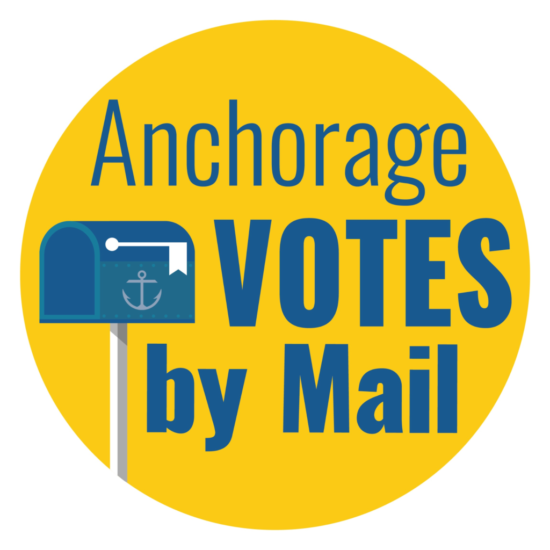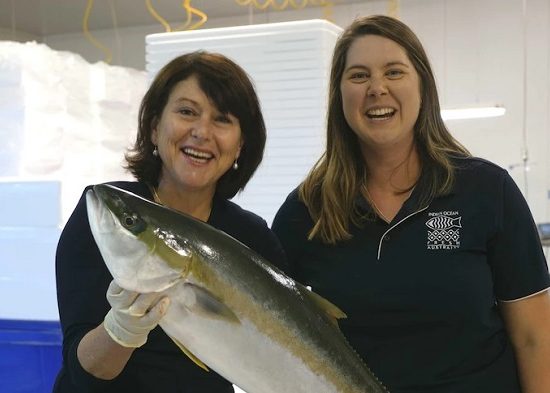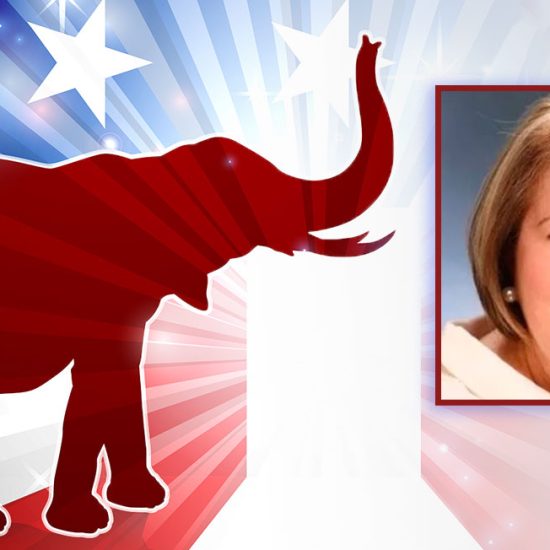
December 19, 2021
Retired peace officers are still giving back to our communities
 Members of the Mat-Su chapter of the Alaska Peace Officers Association (APOA) donated their time and effort to ring the Salvation Army’s red kettle bell in Wasilla this weekend.
Members of the Mat-Su chapter of the Alaska Peace Officers Association (APOA) donated their time and effort to ring the Salvation Army’s red kettle bell in Wasilla this weekend.
Given the prevalent national and statewide news on heightening crime and the urgency for law enforcement recruitment, it’s heartening to see active and retired peace officers giving their weekends to support our communities and those in need of food and shelter.
APOA is a consistent shining star over the holidays as its members remain an integral part of community service.
“It’s endearing for me to see Alaskan peace officers step up and give back to our community year after year,” said Tom Anderson, an APOA member and retired Colonel with the Alaska State Troopers. “The homeless population and many neighbors you wouldn’t even realize are financially impacted from the economy, or are just suffering from hard times, really benefit from the Salvation Army’s program.”
On Saturday, Retired Alaska State Trooper Captain Simon Brown II, a Wasilla City Councilman and Brigadier General in command of the 49th Brigade, Alaska Defense Force; retired Alaska State Trooper Captain Jeff Laughlin who serves as the security chief for Conoco Phillips; Retired Anchorage Police Officer Justin Koles; Deputy Director Steve Adams of the Division of Alaska Wildlife Troopers; and retired Alaska State Trooper Colonel/Director Tom Anderson greeted Fred Meyer patrons and helped raise awareness for Salvation Army.




``The homeless population and many neighbors you wouldn't even realize are financially impacted from the economy, or are just suffering from hard times, really benefit from the Salvation Army's program.``
The Salvation Army website provides history on the Red Kettle noting:
In 1891, Salvation Army Captain Joseph McFee was distraught because so many poor individuals in San Francisco were going hungry. During the holiday season, he resolved to provide a free Christmas dinner for the destitute and poverty-stricken. He only had one major hurdle to overcome — funding the project.
Where would the money come from, he wondered. He lay awake nights, worrying, thinking, praying about how he could find the funds to fulfill his commitment of feeding 1,000 of the city’s poorest individuals on Christmas Day. As he pondered the issue, his thoughts drifted back to his sailor days in Liverpool, England. He remembered how at Stage Landing, where the boats came in, there was a large, iron kettle called “Simpson’s Pot” into which passers-by tossed a coin or two to help the poor.
The next day Captain McFee placed a similar pot at the Oakland Ferry Landing at the foot of Market Street. Beside the pot, he placed a sign that read, “Keep the Pot Boiling.” He soon had the money to see that the needy people were properly fed at Christmas.
Six years later, the kettle idea spread from the west coast to the Boston area. That year, the combined effort nationwide resulted in 150,000 Christmas dinners for the needy. In 1901, kettle contributions in New York City provided funds for the first mammoth sit-down dinner in Madison Square Garden, a custom that continued for many years. Today in the U.S., The Salvation Army assists more than four-and-a-half million people during the Thanksgiving and Christmas time periods.
Captain McFee’s kettle idea launched a tradition that has spread not only throughout the United States but all across the world. Kettles are now used in such distant lands as Korea, Japan, Chile, and many European countries. Everywhere, public contributions to Salvation Army kettles enable the organization to continue its year-round efforts at helping those who would otherwise be forgotten.

The Alaska Peace Officers Association was formed in Anchorage in 1947 to promote fellowship and improve communications between law enforcement, correctional, and government agencies. This year is the non-profit’s 75th anniversary. The organization grew quickly in size and scope. By 2013, APOA transitioned from a 501(c)(6) non-profit to a 501(c)(3) charitable non-profit allowing for tax-deductible donations. APOA Alaskan chapters include Anchorage, Mat-Su, Juneau, Fairbanks, Unalaska-Aleutian Islands, Kenai Peninsula, and Wrangell. Members of the organization include active and retired police officers, corrections officers, prosecutors, security officers, and other government agency professionals.












